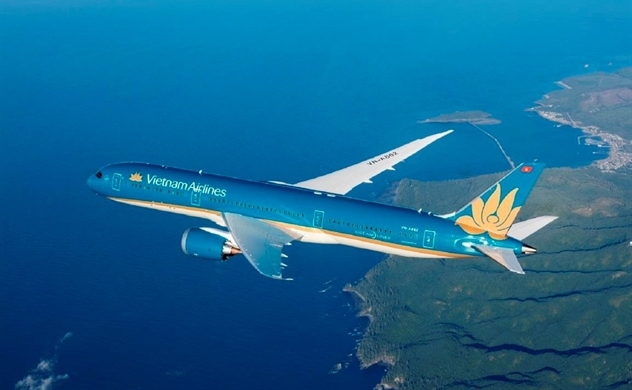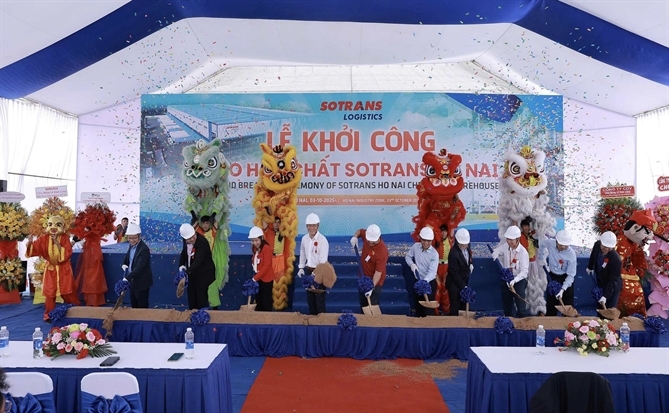Ho Chi Minh City bourse considers to delist shares of Vietnam Airlines

The reason given by the exchange is that the parent company suffered an after-tax loss of VND5,167 billion. The accumulated loss of the carrier is more than VND28,904 billion. Vietnam Airlines had come up with several solutions to avoid being delisted earlier.
According to regulations, a company's shares may be delisted if the business results in suffering loss for 3 consecutive years or the total accumulated loss exceeds the actually contributed charter capital.
During the recent Annual General Meeting of Shareholders, Mr. Dang Ngoc Hoa, Chairman of Vietnam Airlines shared that the airline is implementing many solutions to help HVN shares avoid being delisted.
The company plans to increase revenue by selling aircraft that are no longer in a service plan, make a comprehensive restructuring of the company, divest from inefficient subsidiaries, typically Pacific Airlines, and streamline management.
In addition, the carrier also recommended the Government has solutions to support airlines. Vietnam Airlines has also developed a project to continue to increase capital in order to avoid negative equity.
Despite implementing several measures, Vietnam Airlines still faces difficulties in implementation. For example, the high price of jet fuel has increased operating costs. Or the divestment of subsidiaries faces many obstacles in terms of legal procedures because it is a state-owned enterprise. Along with that, many international routes have not yet reopened, causing a serious decrease in the number of passengers.
In the first half of 2022, Vietnam Airlines recorded revenue of VND29,943 billion, 2.1 times higher than the first half of 2021. Since the outbreak of the pandemic at the beginning of 2020, Vietnam Airlines suffered losses for 2 consecutive years.
As of June 30, the company's accumulated loss was VND28,921 billion, up 31.6% compared to the beginning of the year. Therefore, equity was negative VND4,914 billion.

 TIẾNG VIỆT
TIẾNG VIỆT 


_41635620.png)












